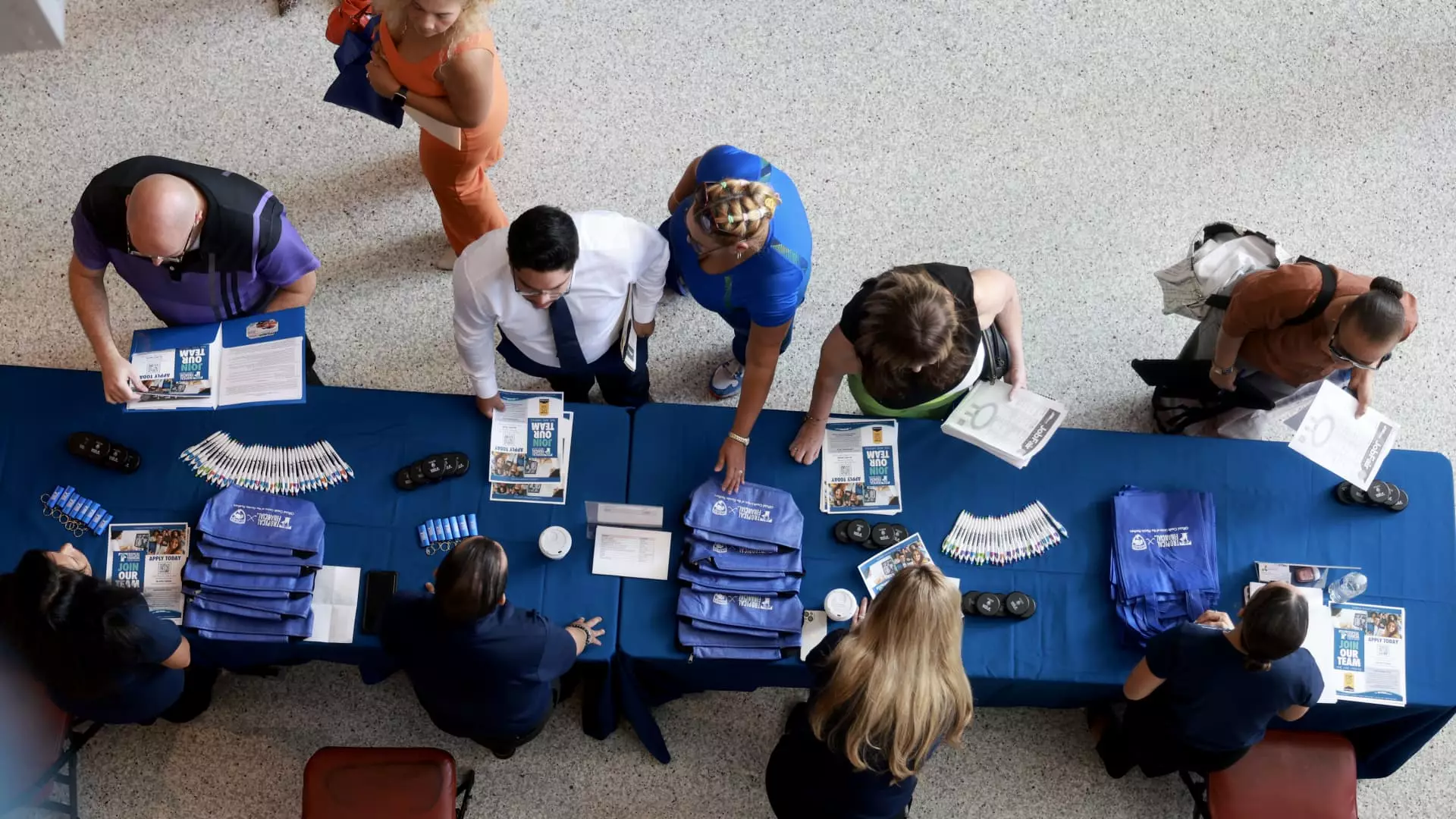As fears of a U.S. recession begin to resurface, attention has once again turned towards the issue of unemployment benefits. Experts warn that the current system, already strained by the Covid-19 pandemic, is ill-prepared for another economic downturn. According to Michele Evermore, a senior fellow at The Century Foundation and former deputy director for policy in the U.S. Labor Department’s Office of Unemployment Insurance Modernization, the system is in worse shape now than before. The cracks exposed during the pandemic, such as technological failures and administrative inadequacies, have highlighted the system’s vulnerabilities.
The Impact of the Pandemic
The Covid-19 pandemic laid bare the weaknesses of the unemployment insurance system in the United States. With the national unemployment rate reaching nearly 15% in April 2020, states struggled to cope with the surge in unemployment claims. The inadequacies of the system became even more pronounced as new federal programs were introduced to provide additional support to a wider pool of workers. However, the implementation of these programs only added to the burden on state unemployment offices.
There is a growing consensus among experts that the current unemployment benefits system is in dire need of reform. As Andrew Stettner, the director of the Labor Department’s Office of UI Modernization, pointed out, policymakers must address the system’s shortcomings during times of economic stability to ensure its resilience in times of crisis. This sentiment was echoed by Indivar Dutta-Gupta, a labor expert and fellow at the Roosevelt Institute, who emphasized the importance of building a system that can withstand the worst phases of the business cycle.
One of the key areas for reform highlighted by experts is the need for greater uniformity in the rules governing unemployment benefits. Discrepancies between states in factors such as benefit amount, duration, and eligibility can result in significant disparities in the level of support available to unemployed workers. Proposals to standardize these rules, along with increasing funding for the system, have been put forward as potential solutions to address these issues.
Optimism for Change
Despite the challenges facing the unemployment benefits system, there is reason for optimism. Bipartisan efforts, such as the legislation proposed by U.S. Senate Finance Committee Chair Ron Wyden and ranking committee member Sen. Mike Crapo, signal a willingness to address the shortcomings of the current system. While the road to reform may be long, there is hope that with the right measures in place, the U.S. can build a more robust and equitable unemployment benefits system for the future.

